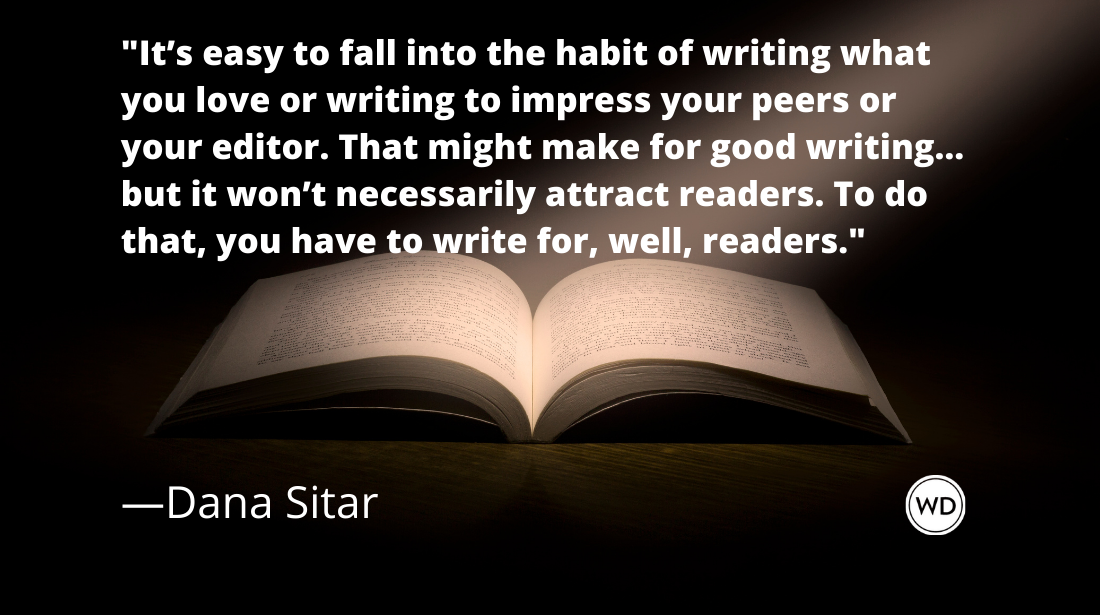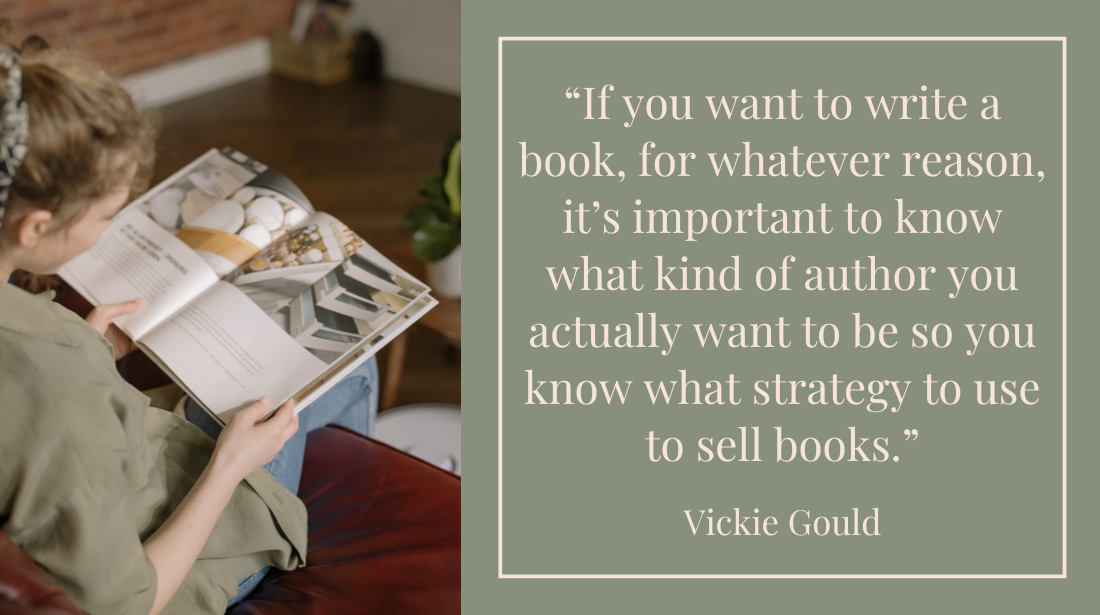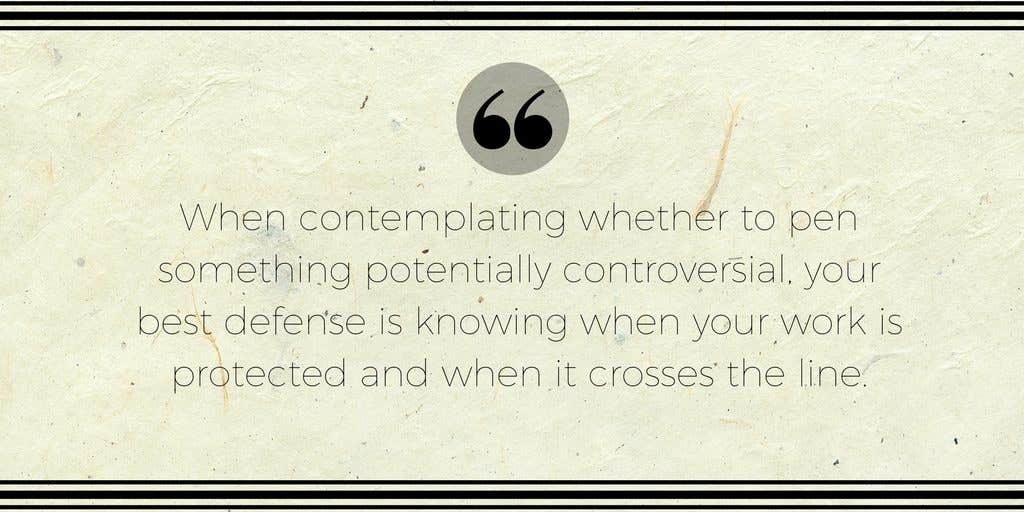How to Make the Contest Cut
Before you send off that entry, get the inside scoop from a writing competition judge on how to rise above the crowd.
When I began entering writing contests, I wondered why my scripts never made the finals. If only I could have interviewed the judges, gotten into their heads and discovered why they'd rejected my work.
Having achieved the lofty status of first-round TV/movie script judge in the 2000 Writer's Digest Writing Competition, I can now offer some definite reasons why material would not make the cut—and how this has implications for your entire writing career.
The basics
There were plenty of basic mistakes that ruled out a submission almost as soon as I looked at it.
The most fundamental reason why a manuscript didn't get pushed into the finals was because contestants didn't follow the rules. In my category, the entry was to consist of a synopsis and the script's first 15 pages. Fifteen pages only or an entire manuscript in lieu of a synopsis just wasn't part of the rules. The simple requirements made a lot of sense, and a lot of people didn't follow them. Unfortunately, that meant that I had to reject the material without reading it.
This directly impacts work that you send to industry professionals. Doing what is asked of you by producers, editors and others helps your property get read and produced. It doesn't stifle your creativity; it's being professional.
Although I didn't reject most entries simply on the basis of bad format, it certainly did color my perceptions. Script writing has a specific form that must be followed. But any work, be it books, short stories or scripts, has to show your professionalism and that means adopting industry-standard guidelines. If you don't know these requirements, ask someone, read a book, get on the Internet and download a representative manuscript or buy software that does all that stuff automatically for you.
While I never rejected an entry simply because the author seemed to need a remedial English course, it did make me wonder what the writer was doing while the rest of us were studying grammar. A script, of all the forms of writing, probably has the most relaxed usage of punctuation and grammar. I regularly break all the rules but—and this is a big but—I understand (most of) them first; I know when, how and why I'm breaking them so as not to appear terribly undereducated (although my actual writing might indicate otherwise). Worse than the grammar errors were the spelling errors. All word processing software programs have a spell checker. Don't rely on the feature to a fault, but do use it.
Beyond the basics
In the case of scriptwriting, most big writing contests won't ask for a complete work because reading it would be too time-consuming for judges. Given this, your synopsis becomes all-important. If the writer couldn't convey the excitement of his or her story from the synopsis, it was fairly obvious that I wasn't going to enjoy the script much. A lot of contestants seemingly gave the synopsis only a passing effort and by the second paragraph I was already mentally giving the work a thumbs down.
If your work is character-driven, the synopsis has to give me the characters and their warts; if it is a mystery, heavy on plot, then to judge it properly I need to see the story line and how it resolves. If it is some of both, then you have your work cut out for you. Avoid describing how your work thematically reflects Shakespeare's innate fear of romantic commitment or some such. Tell the story in as simple and interesting a fashion as possible.
If you don't think a good synopsis is important for every writer, consider that most agents—literary or theatrical—won't look at any work without a query letter, which is really just another form of synopsis. Learning to do a synopsis well and putting some thought into it only makes it more likely that your manuscript will be given the consideration it is due.
Beyond synopsis problems, too many times I felt as if I was reading what someone thought I wanted to read rather than a person's best work. We all want to sell something, and you might think you increase your chances by writing what you've already seen in the stores or on the screen. But, please believe me, the scripts I enjoyed most were ones that broke from the pack by being vital and individual. Agents and producers read mountains of manuscripts, and they more readily respond to fresh voices and unique ideas. I would have loved to have read another western or two instead of hundreds of outer space and relationship stories that broke no new ground.
Finally, I'd wager anyone that I could tell every time which writers really wanted to win. There's a phrase in music—chops—meaning someone who has practiced and performed over and over again. The writers who were my clear favorites had obvious chops. Desire, attention to their craft, an obvious understanding of past and present market requirements—all these intangibles made their manuscripts demanded my full and delighted attention.
And so it will go, I assure you, in the real world of publishing houses and production companies when you're competing with tens of thousands of very good writers all rabidly wanting exactly the same thing you do. So don't settle. Be brilliant.
Mark Sevi is a professional screenwriter living in Southern California and represented by David Saunders at Agency for the Performing Arts (APA). He has 14 produced movies to his credit including the soon-to-be released Arachnid.









